Elon Musk’s blue tick revolution is bird brained
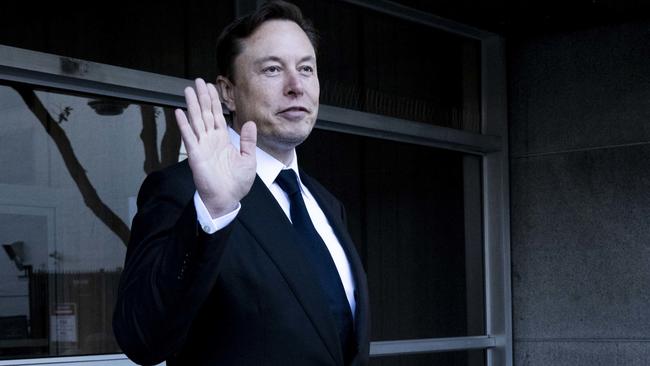
Columns about Twitter need to start with a disclaimer. I appreciate that. Convention dictates that you ought to say, “Of course, this obviously couldn’t matter less, but …” Yet this is a story that involves not only one of the richest men in the world, but also Beyonce, Barack Obama, the Pope and, to some extent, the shape of democracy itself. Thus, bear with me.
Musk bought Twitter last year for a mad $44 billion, with a plan for “civilisation to have a common digital town square”. Twitter arguably had this role already, but Musk felt it had become woke, smug, illiberal and self-serving. And, in fairness to the man, he sort of had a point.
One of Musk’s bugbears was verification, the little blue checkmark that the site had always used to prove that certain users were who they claimed to be. There had always been a logic to this, because when somebody claims to be the president of the United States or Unicef, or Beyonce, or even just Jacob Rees-Mogg or a reporter for Cat Food Monthly, then it’s helpful if somebody else has checked. Yet it also created two classes of users, some with a badge and some without, and for some people this was just a bit too on the nose. Indeed, for the last decade, whenever a certain sort of politician, pundit or academic has hit out against the “elite”, they could very well have been talking about “the sort of people who have blue ticks on Twitter”.
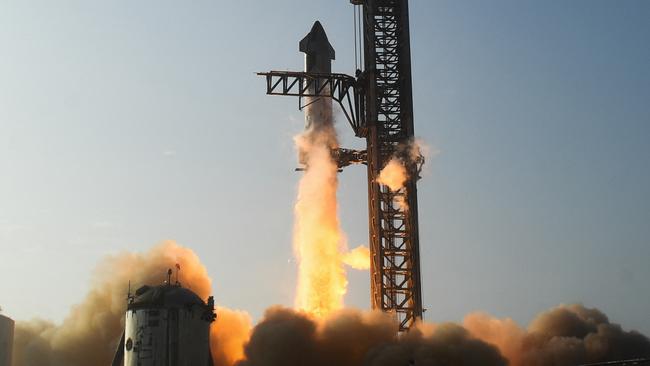
When Musk took control, then, one of his first acts was to declare that literally anyone could have the same blue mark, so long as they paid $8 a month for it. Never again would @DogBoy69 have to look at, say, Reuters, or at the Peruvian minister for agriculture, or at Taylor Swift, and feel like a second-class citizen. At first, Musk seems to have simply not considered the impact this might have on media or government, for whom genuine verification was important. Although Swift, he probably felt, could just shake it off.
Since then he has drawn back, introducing new verification for media organisations and governments, with the former now being expected to pay. This has been chaotic but the principle seems sound, particularly for a guy who is trying to get his $44 billion back. The real battleground, though, has always been people; the old blue tick elite. So this weekend, after months of threats, Musk stripped their badges away.
Or so he claimed. In practice, this was what you might have called “rapid, scheduled dissembling”. Really, the mega names of Twitter kept their marks, with their pages now indicating they’d subscribed. But “I haven’t”, noted the baffled novelist Stephen King, among the first to notice.
Various other celebrities and public figures said similar, only for Musk to respond by reinstating the mark to virtually all users with over a million followers on the platform, with the site claiming that they’ve all paid, even though almost none have. Some – such as Michael Jackson, or the Saudi journalist Jamal Khashoggi – glaringly couldn’t have done, on account of being dead. Which, if only in terms of false advertising, strikes me as unsustainable.
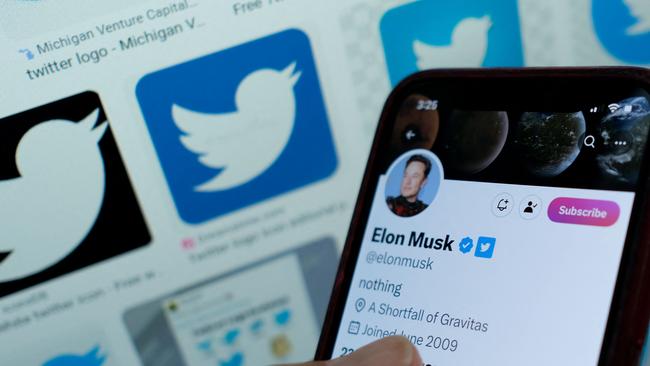
Diverting as this all may be, you may still be wondering why I’d think you might care. Fair question. One answer is that Musk’s miscalculation here is simply fascinating. Why would Beyonce, for example, want to subscribe to a system that tells people they can pay $8 to feel she’s nothing special? What’s in it for her? He seems to have simply not noticed, say, Swift’s epic 2014 fight with the streaming service Spotify, when she belatedly realised they needed her far more than she needed them.
Most of Twitter’s former verified users (such as me) were of course not quite Swift or Beyonce. Yet in the aggregate, did the site not also benefit from having our labour for free? I mean, much as I love writing for The Times, the deal here – and I hope this doesn’t shock you – is that they’re the ones who pay me. Plus, you’d think that it is Twitter’s other users, not me, who’d benefit from proof that I am who I claim to be. Because I know I’m me already.
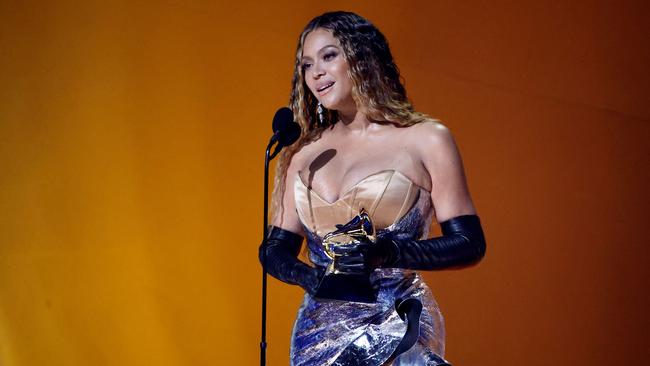
There’s a bigger, weirder delusion at play here, though, and only Musk can know whether he’s suffering from it or just exploiting it. Something about his blue tick revolution reminds me of the various populist surges we’ve had over the past decade, and the way they have all been skin deep without even realising it. Consider Anthony Seldon’s masterful dissection of Boris Johnson’s time in No 10, serialised in The Times this week; the way Johnson seems to have had no real concept of why he even wanted to be there, beyond gaining the blue tick of having done the job. See also the vacuousness of Trumpism and Farageism; their obsession with the trappings of power and their pure lack of interest in the daily grind of having it.
Last week, the influential Israeli conservative philosopher Yoram Hazony described Musk’s blue check reforms as “a democratic revolution against a ruling elite”. I swear, he really did. But it’s still just a badge. And whoever gets to wear it, the same people will still be doing all the same stuff they were before, but just after having been slagged off a bit, and all the people who used to vehemently mind this still will, only now perhaps even more. And isn’t that all starting to sound a bit familiar?
The Times


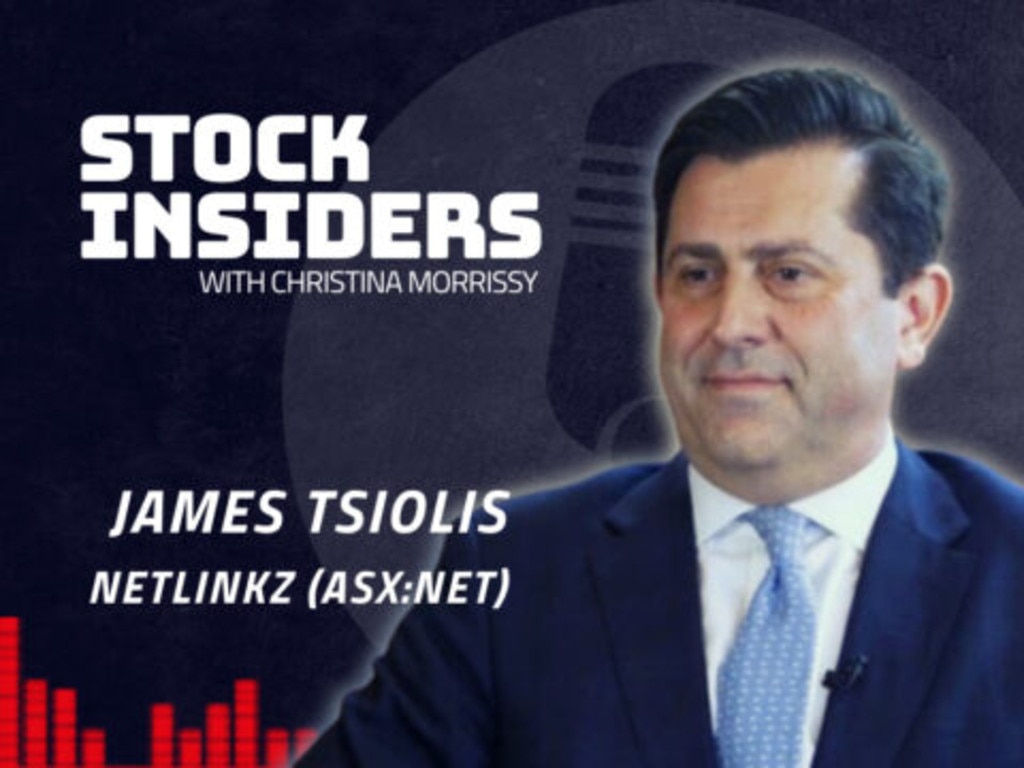
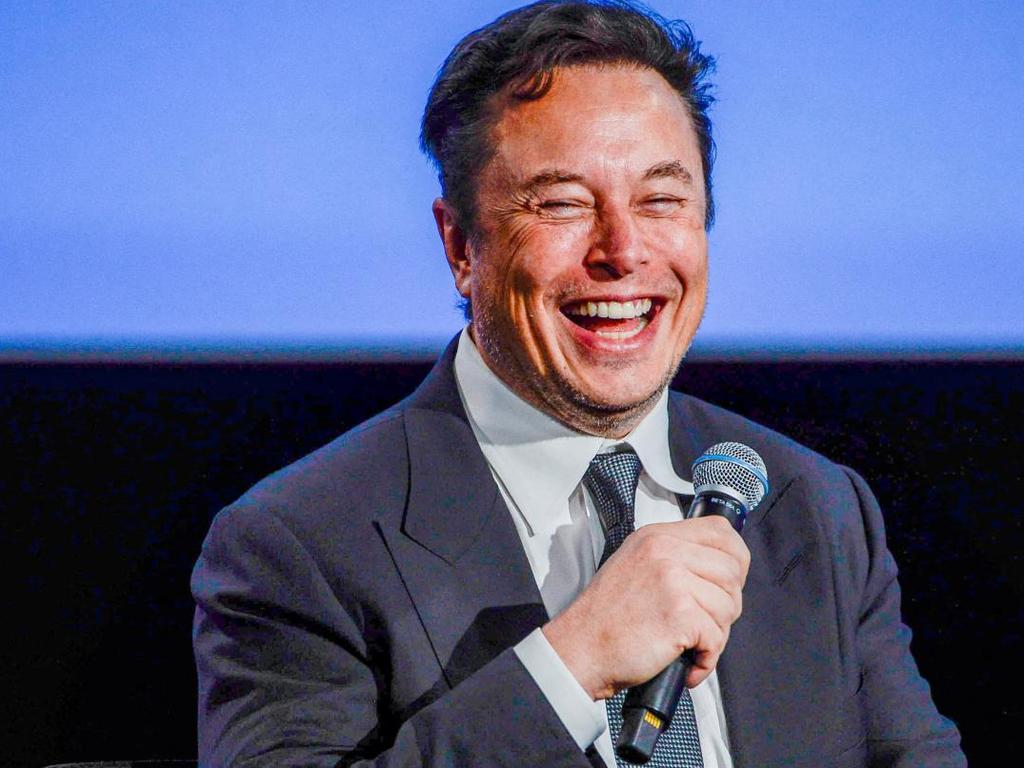



Imagine sending the largest rocket in history off towards space and watching it explode into tiny pieces, and for that not even to have been the main thing you’ve got wrong that week. So to Elon Musk, whose Starship may have undergone a “rapid unscheduled disassembly” on Thursday, but who spent the past week, as with so many other weeks, caring far more about making Twitter explode instead.